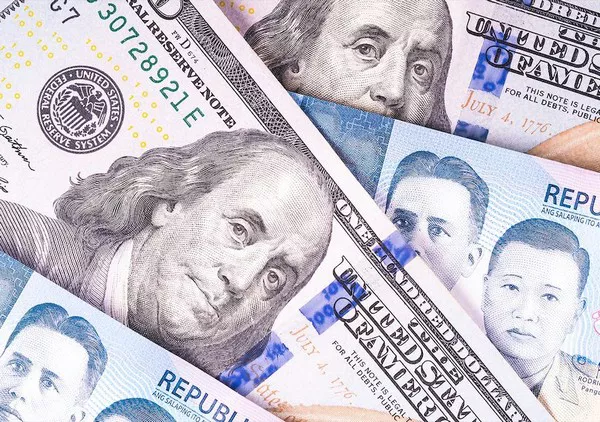EUR/USD regained some positive momentum on Wednesday but lacked follow through.
A weaker dollar amid a more hawkish outlook from the European Central Bank provided some support for EUR/USD.
The market awaits the minutes of the Fed meeting, and the economic woes act as a headwind for EUR/USD.
During the Asian session on Wednesday, EUR/USD attracted some buying and pared some of the slight losses from the previous day. EUR/USD is currently trading just below the 1.0900 integer mark, up 0.10% on the day, but is still in the range of shocks in the past week.
European Central Bank (ECB) policymakers adopted a more hawkish lean last week, saying they expected to raise interest rates again at their July and September meetings. Furthermore, ECB President Christine Lagarde noted that inflation has entered a new phase that is likely to persist for some time, adding that it is unlikely that interest rates have peaked in the near future with complete confidence.
This, in turn, is seen as a key factor continuing to provide some support to the euro, which, combined with subdued U.S. dollar (USD) price action, provides a modest boost to the EUR/USD pair.
The Fed said in June that borrowing costs may still have to rise by 50 basis points by the end of the year. In addition, Fed Chairman Jerome Powell said last week that the central bank does not see a rate cut anytime soon and will wait until it is confident that inflation is falling to its medium-term target of 2%.
That said, a weaker US PCE price index on Friday, combined with a weaker US ISM PMI on Monday, cast doubt on how much more room the Fed has to keep raising rates. Therefore, the market’s focus remains on the June Fed meeting minutes.
Investors will be watching the minutes closely for fresh clues on the Fed’s path of rate hikes ahead, which will play a key role in influencing near-term dollar price dynamics and driving EUR/USD. Meanwhile, concerns about economic headwinds from rapidly rising borrowing costs could prevent investors from placing aggressive bullish bets on EUR/USD.
Meanwhile, Eurozone macro data services PMI final and producer price index (PPI) may not provide any impetus, suggesting that EUR/USD may extend the volatility of the past week or so.


